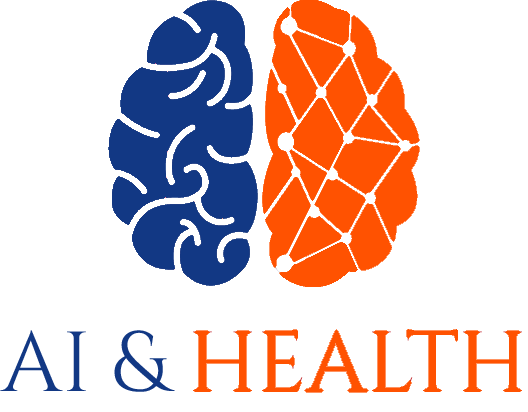Artificial Intelligence (AI) has emerged as a groundbreaking technology with the potential to revolutionize the healthcare industry. By leveraging AI algorithms and advanced data analytics, healthcare professionals can improve patient care, enhance diagnostics, streamline operations, and make more informed decisions. In this article, we will explore the transformative impact of AI on health and the various applications that are shaping the future of healthcare.
Enhanced Diagnostics and Imaging
AI is revolutionizing medical diagnostics by improving the accuracy and efficiency of image analysis. Through machine learning algorithms, AI systems can analyze vast amounts of medical imaging data, such as X-rays, MRIs, and CT scans, to assist healthcare professionals in detecting abnormalities, tumors, and other conditions. This technology can help reduce human error, enhance early detection, and enable more timely and effective treatments.
Personalized Medicine
AI enables personalized medicine by analyzing individual patient data, including medical history, genetics, lifestyle factors, and treatment outcomes. By integrating this information with machine learning algorithms, healthcare providers can make precise and tailored treatment recommendations. AI systems can identify patterns and predict patient responses to specific therapies, leading to more effective treatment plans and improved patient outcomes.
Predictive Analytics and Preventive Care
AI algorithms can analyze large datasets and identify patterns to predict the likelihood of developing certain diseases or conditions. This predictive analytics capability enables healthcare professionals to implement proactive measures for preventive care. By identifying high-risk individuals, AI-powered systems can support early interventions, lifestyle modifications, and targeted screenings to prevent or mitigate the progression of diseases.
Remote Monitoring and Telemedicine
AI technologies are facilitating remote monitoring and telemedicine, transforming the way healthcare is delivered. With AI-powered wearable devices and mobile applications, patients can monitor their vital signs, track symptoms, and share real-time data with healthcare providers. This remote monitoring enables timely interventions, reduces hospital visits, and enhances patient engagement in their own healthcare.
Healthcare Operations and Workflow Optimization
AI algorithms can streamline healthcare operations and optimize workflows, improving efficiency and reducing costs. AI-powered systems can automate administrative tasks, such as scheduling appointments, managing electronic health records, and billing processes. This automation allows healthcare professionals to focus more on patient care and spend less time on paperwork, leading to increased productivity and improved patient experiences.
Drug Discovery and Clinical Trials
AI is revolutionizing the drug discovery process by accelerating the identification of potential drug candidates. Machine learning algorithms can analyze vast amounts of biomedical data, including genomics, proteomics, and chemical databases, to identify patterns and predict drug efficacy. This can significantly speed up the development of new drugs, reduce costs, and improve patient access to innovative treatments.
Ethical Considerations and Data Security
As AI becomes more integrated into healthcare, ethical considerations and data security become paramount. Ensuring patient privacy, data confidentiality, and informed consent are critical when deploying AI systems in healthcare settings. Transparent and accountable AI algorithms, coupled with robust data governance practices, are essential to maintain trust, protect patient information, and address potential biases or discriminatory outcomes.
For More Info:-
Ai Technology In Medical Field





Comments